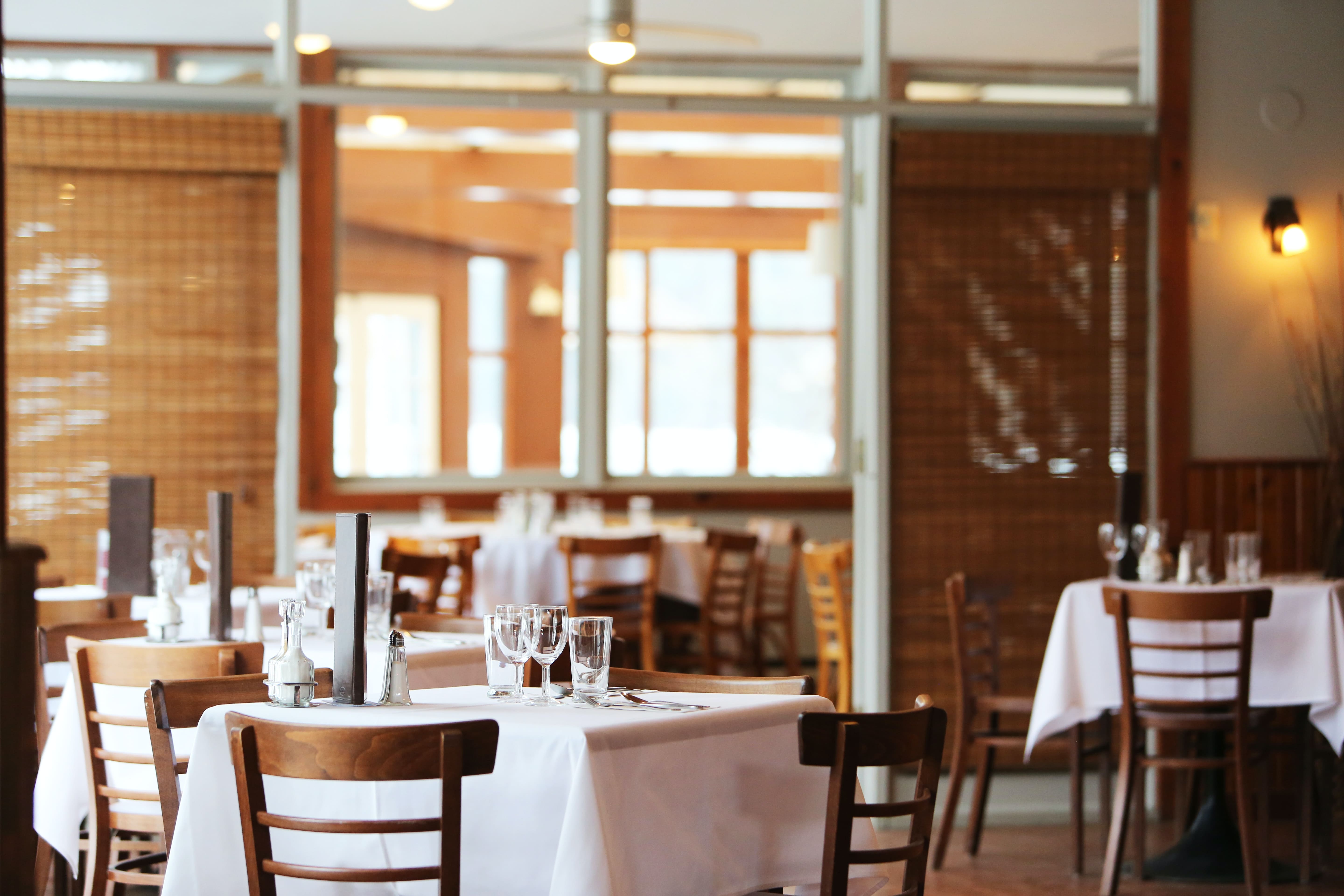RESTwithEU: the European Union’s Pilot Project for SMEs in the restaurant industry

RESTwithEU Pilot Project, promoted by the European Parliament and launched and managed by the European Commission Directorate-General for Communications Networks, Content and Technology, was born out of the need to make the restaurant sector more digital, resilient and sustainable by 2030. The project focuses its efforts on identifying and developing digital tools and solutions that meet the needs and diversity of the restaurant sector with a particular focus on SMEs, start-ups and EDIHs. Therefore, RESTwithEU promotes innovation by generating strategies for the future.
Over the last decades, the restaurant industry has been slow to adopt technology and innovative digital solutions to deal with the accelerated digital transformation we are currently facing. It is true that due to the impact of COVID-19, this sector had to reinvent itself in order to survive and move forward, but there are still many steps to be improved. Thus, RESTwithEU Pilot Project comes to support and advise on the digital transformation of this industry through different strategies that are adapted to the needs of each business.
From the mapping of existing tools to the design of the Digital Pathway Tool
In order to carry out this project, it is necessary to focus on different work packages that will provide insight into the needs of the sector with the aim of achieving digital transformation. In this regard, the ultimate goal will be to address the main challenges facing the restaurant industry and finally help SMEs restaurants across Europe to follow the best practices.
For this reason, RESTwithEU will take the following steps:
Mapping of existing tools and gap analysis
During the first phase of the project, the challenges and opportunities of the restaurant sector will be identified. Once this is set up, the analysis will allow to determine both the strengths and challenges to be achieved in terms of SMEs digitalisation, sustainability and resilience of the sector. Therefore, at the end of this part of the project, stakeholders will participate to validate the results and ensure that the project’s procedure is correct.
Best practices and pilots
Secondly, RESTwithEU will follow a methodology based on a dual approach and considering Restaurants’ needs and Solutions’ existing. For this reason, it will be essential to rely on experts who will be focused on open innovation that will lead to an Open Call for the Best Practices in which the stakeholders will have the opportunity to take part at European level! Considering the best practices chosen at this stage of the project, RESTwithEU will identify the main solutions that will be piloted in restaurant SMEs having an impact on them.
Hackathons as part of the cooking process
For unsolved challenges, hackathons will take place to develop new solutions. Based on the work already carried out in the previous stages, hackathons will involve multi-disciplinary professionals from developers to data analysis and UX/UI designers, and the participants will be able to be mentored by a team of experts. To this aim, RESTwithEU will ensure the long-term development of the solutions reached and the winning participants will receive a monetary award.
Guidebook
To conclude the project, both the methodology carried out in the previous phases and the results will be collected in a Guidebook. This guide will support the digitization of further European restaurants SMEs and will contain the steps to be taken to address today’s digitalisation, sustainability and resilience challenges. The last step, as mentioned above, is the design of the Digital Pathway Tool to take advantage of the project results and autonomously undertake their transition.

Timeline of upcoming project events
The digital challenge for the restaurant industry in Europe
According to the DESI Index, the digitalization level of the restaurant sector is still scoring among the lowest at European Level.
This is a key point, as digitalization is intimately linked to innovation and economic literature, it shows their relevance to improve companies’ size and therefore their impact on global productivity and competitiveness. This can be seen in the fact that the sector accounted for 3.8% of the GVA in 2018 and for the 8.5% of the total employment in EU-27.
Such reticence is partly due to some structural characteristics of the sector, but it’s also due to the high atomisation in a universe of SMEs that often do not have the necessary tools to make progress in the European “Digital Decade”.
For this reason, RESTwithEU project’s main objective is the development of tools that will allow SMEs to know their level of digitalisation and personalise their path towards digital transformation.
To this end, RESTwithEU involves multi-disciplinary professionals and, at the same time, listens to the voices of representatives of the restaurant industry, such as associations or SMEs in the HORECA industry. It may be noted that this innovative and reality-tested methodology will ensure the success of RESTwithEU project leveraging on partners’ expertise and main strengths. In this way, the holding of several hackathons may lead to unprecedented results with a huge impact in the European restaurant industry!
Follow the steps of the RESTwithEU Project on our blog and our social media networks so you don’t miss any details and get ready for our upcoming events!